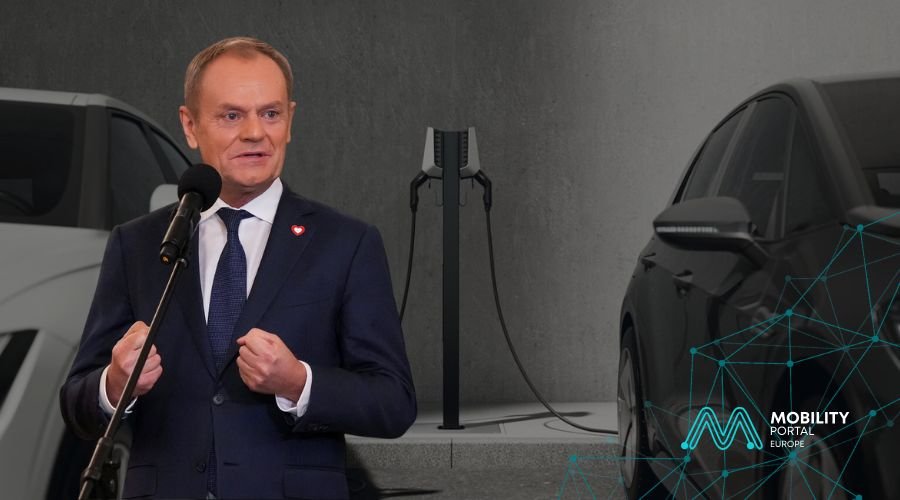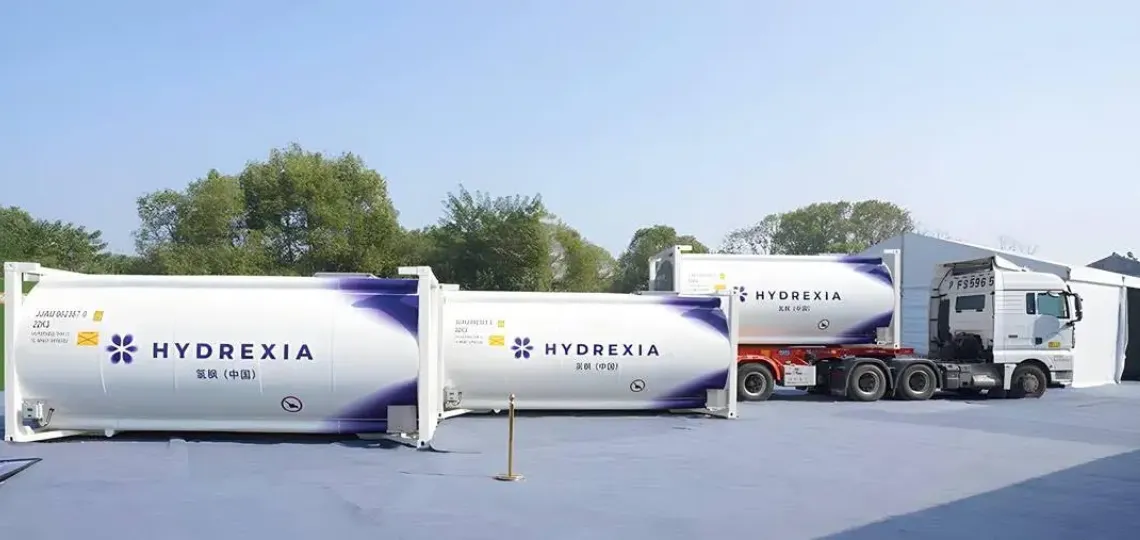The World Business Council for Sustainable Development (WBCSD) has released the 2025 Business Breakthrough Barometer, revealing that over 90% of business leaders remain committed to climate action despite recent geopolitical challenges. The report highlights a trend where companies prioritize sustainability investments as part of their long-term strategies for competitiveness.
According to the barometer, nearly all surveyed leaders advocate for governments to uphold their net zero commitments. Peter Bakker, President and CEO of WBCSD, stated, “The pressure to decarbonise and build resilience is central to competitiveness, risk management, and license to operate.” This indicates a shift where climate considerations are increasingly integrated into core business strategies.
The report outlines that businesses are seeking to invest in regions with stable policy landscapes, affordable clean energy, and increasing demand for low-carbon solutions. Approximately 74% of leaders view Asia and Europe as appealing investment areas. In contrast, half of the respondents find the United States a less attractive investment destination than in previous years, largely due to policy uncertainties. A significant 80% of leaders believe that political polarization will affect the costs associated with achieving net zero targets.
Despite these challenges, 56% of business leaders assert that the drive for competitiveness motivates action more than mere compliance with regulations. Dan Ioschpe, Climate High-Level Champion for COP30, emphasized the importance of creating favorable conditions for businesses to transition from ambition to practical implementation. He noted that successful decarbonization involves clear frameworks that support investment.
The WBCSD report also indicates optimism within the power sector regarding the energy transition. Leaders express confidence in achieving the 2030 Breakthrough Agenda goal, which aims to make clean power the most affordable and reliable option globally. Countries with definitive long-term renewable energy targets and supportive financial and infrastructure policies are attracting higher levels of investment.
However, leaders caution that uncertainties related to policy and supply chains could hinder progress. Investment in clean power remains concentrated in favorable regions, leaving developing markets like Africa, which represents about 20% of the global population, receiving only 2% of global investment.
A director of strategy and sustainability at an international energy company pointed out that mechanisms such as contracts for difference and stable carbon pricing are critical for long-term renewable investments. This indicates a need for reliable revenue assurance to encourage capital flow into renewable projects.
In the realm of sustainable transport, confidence in zero-emission vehicles becoming mainstream by 2030 has dropped since last year. Factors such as decreasing demand-side policies and trade volatility pose risks to progress. Ongoing uncertainties regarding the EU’s 2035 internal combustion engine ban and potential shifts in electric vehicle (EV) regulations in the US contribute to this decline. Access to public charging infrastructure, particularly in urban areas, remains a crucial factor in accelerating EV adoption.
The report highlights that both Europe and the US face challenges related to grid capacity, slow permitting processes, and fragmented policy support, while China continues to lead in charging infrastructure deployment. In the commercial vehicle sector, supportive policies play a significant role in driving the transition.
Overall, the WBCSD’s findings reflect a steadfast commitment from business leaders to pursue sustainability initiatives, with a clear acknowledgment of the complex environment in which they operate. As the global demand for clean energy solutions grows, the need for stable, supportive policies will be essential to guide investments and actions toward a sustainable future.




